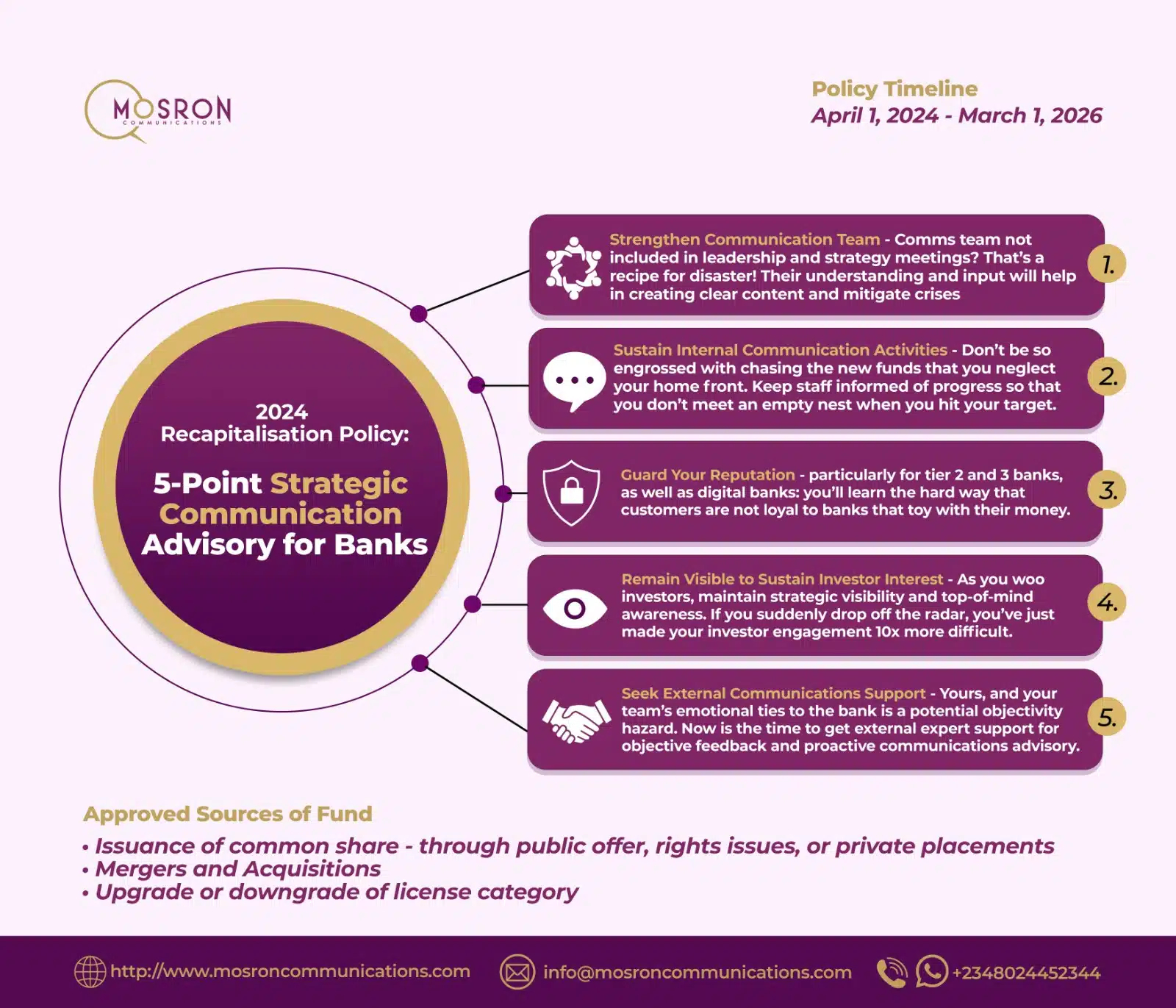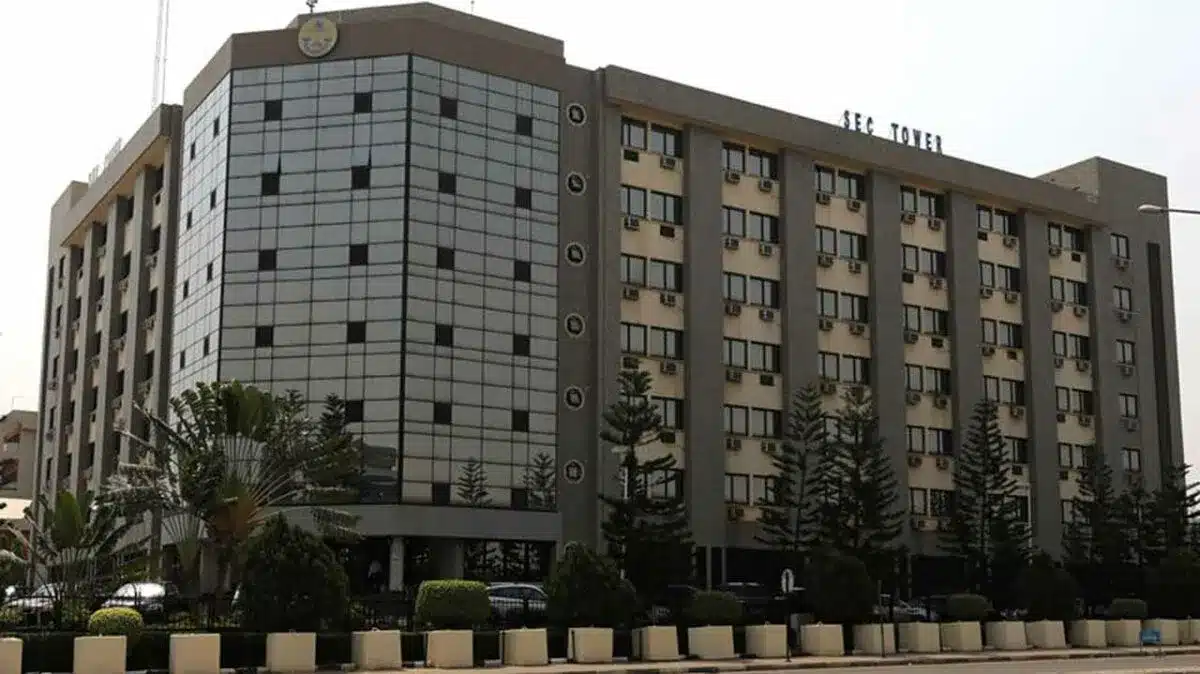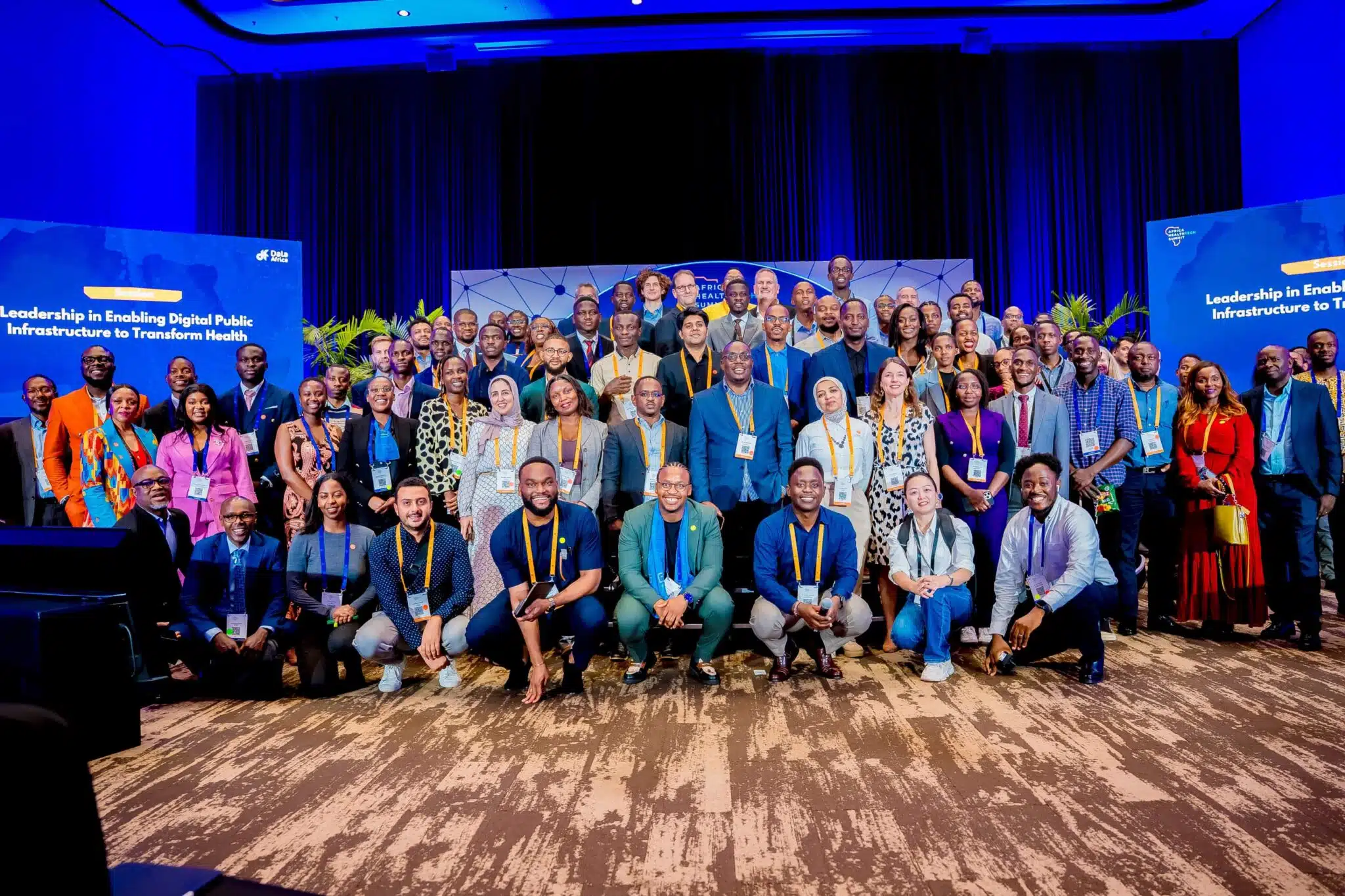The Nigerian Federal Government has announced that it will be indefinitely blocking access to microblogging and social media platform, Twitter, in Nigeria.
On Friday, June 4, 2021, Nigeria’s Federal Ministry of Information and Culture made this move known on its Twitter and Facebook handles.
Per the Minister of Information and Culture, Lai Mohammed, the government made this suspension due to the “persistent use of the platform for activities that are capable of undermining Nigeria’s corporate existence.”
This move comes just a few days after Twitter deleted a controversial tweet made by Nigeria’s President Muhammadu Buhari. That action had since been criticised by some government officials, and decisive action appears to have been taken.
Interestingly, Facebook has also deleted the President’s message on its platform. Could the hands of Nigerian law also fall heavily?
Over the years, Twitter has become an important social media platform for Nigerians. Several humanitarian causes and protests have moved from hashtags to reality. #OccupyNigeria and #BringBackOurGirls are some notable ones.
Nigeria’s latest suspension means that it could order telecom companies to block access to Twitter if this move is not fought against.
Recall that there were fears of a possible Internet shutdown, or, at least of social media after Twitter aided in the #EndSARS campaign — a nationwide protest against police brutality. That led us to curate an informative piece on how to bypass an Internet shutdown in Nigeria.
It is then interesting that all it took this time was a deleted tweet, for the Nigerian government to take such drastic action.

Victoria Fakiya – Senior Writer
Techpoint Digest
Stop struggling to find your tech career path
Discover in-demand tech skills and build a standout portfolio in this FREE 5-day email course
The Ministry of Information and Culture has also ordered the Nigerian Broadcasting Commission (NBC) to start licensing other over-the-top (OTT) and social media platforms going forward.
It is probably safe to state that this suspension might not end with Twitter if the NBC implements the full provisions of its broadcast code. In 2019, Nigerian lawmakers passed a Social Media Bill through a second hearing in record time, and it took several human rights bodies to pause proceedings.
However, all signs point to the fact that the Social Media Bill could be very much alive.
Sadly, Nigeria has finally joined the ranks of African countries that have implemented some form of Internet censorship.
Twitter’s decision to open its first African office in Ghana, while advertising job roles meant for Nigeria might now be deemed a masterstroke.











